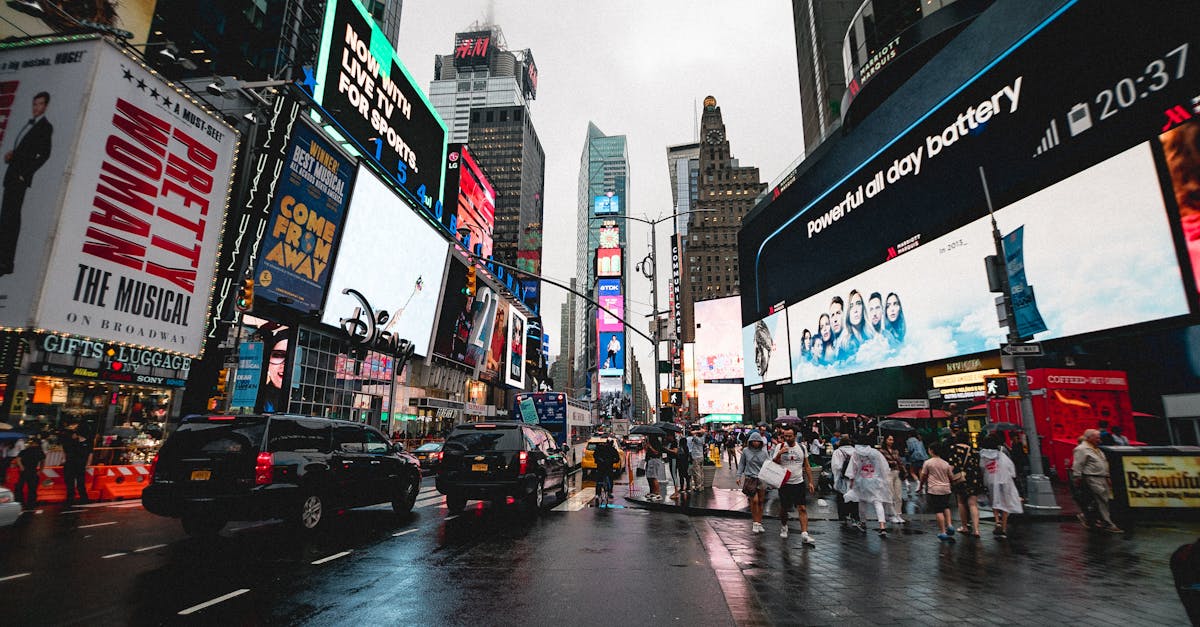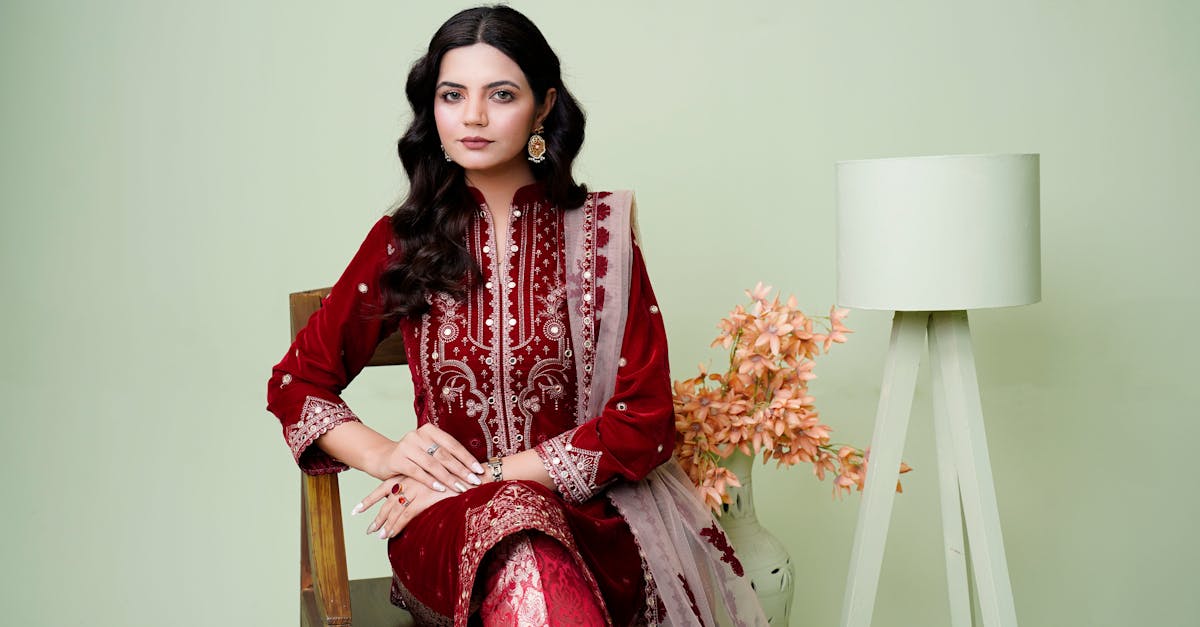Embracing the Mindful Fashion Vanguard
Introduction to Mindful Fashion
In recent years, the fashion industry has witnessed a transformative shift towards sustainability and ethical practices. Known as the "mindful fashion vanguard," this movement seeks to create clothing that respects both people and the planet. Spearheaded by innovative designers and conscious consumers, mindful fashion is turning the traditional fashion model on its head. As we become more aware of environmental and social issues, the demand for ethical fashion continues to rise. So what exactly defines this movement, and how is it shaping the future of the fashion world? This article delves into the key aspects of mindful fashion, exploring its origins, principles, and impact.
Advertisement
The Roots of Mindful Fashion
The roots of mindful fashion can be traced back to the growing environmental awareness in the 1980s. As the detrimental effects of fast fashion became apparent, activists and pioneers in the industry began advocating for change. Iconic designers like Stella McCartney and brands such as Patagonia championed sustainable practices early on, setting the stage for future developments. With increasing evidence of climate change and social inequality, the call for a more ethical approach to fashion resonated. By the 2010s, technological advancements and globalization further fueled the movement, allowing sustainable practices to integrate seamlessly into the fashion supply chain.
Advertisement
Principles Guiding the Movement
Central to the mindful fashion movement are principles that advocate for environmental stewardship and fair labor practices. Eco-friendly materials, such as organic cotton, recycled polyester, and hemp, play a critical role. Reducing water usage, minimizing waste, and ensuring biodegradable alternatives are standard practices within the movement. Additionally, transparency and accountability are pivotal, as consumers seek information about how garments are made. Ethical production involves fair wages, safe working conditions, and community support, ensuring that those who make the clothes are treated with dignity and respect.
Advertisement
Pioneers and Innovators in Mindful Fashion
A range of designers and brands have become trailblazers in the mindful fashion sector. Stella McCartney's eponymous brand has consistently prioritized sustainability, using cruelty-free materials and innovative processes. California-based Eileen Fisher focuses on timeless designs with minimal environmental impact, promoting a thoughtful consumption philosophy. Other notable brands like Everlane and Reformation are praised for their transparency and ethical manufacturing, while startups like Pangaia and Girlfriend Collective utilize cutting-edge technology to produce eco-friendly apparel. These pioneers set benchmarks for the rest of the industry, demonstrating the viability of environmentally and socially responsible fashion.
Advertisement
Consumer Advocacy and Awareness
As consumers become more informed and empowered, their choices increasingly reflect a commitment to environmental and ethical considerations. Social media and online platforms play a significant role, offering consumers insights into sustainable brands and practices. Campaigns and movements like "Fashion Revolution" and "Who Made My Clothes?" encourage consumers to question production practices and demand greater transparency. This advocacy has led to a significant shift in purchasing behavior, with more individuals opting for sustainable options. Supporting mindful brands is not just a trend; it represents a genuine shift in consumer priorities toward responsible buying habits.
Advertisement
Challenges and Criticisms
Despite its growing popularity, mindful fashion faces challenges, including cost barriers and market accessibility. Sustainable materials and ethical practices can result in higher prices, potentially excluding lower-income consumers. Ensuring supply chain transparency remains complex, with larger brands struggling to overhaul traditional systems. Critics argue that some brands engage in "greenwashing," misleading consumers through marketing rather than implementing genuine sustainable practices. Addressing these issues requires concerted efforts from all stakeholders to ensure the mindful fashion movement remains authentic and impactful.
Advertisement
Technological Innovations in Fashion
Innovations in technology continue to drive mindful fashion forward, introducing new possibilities for sustainability. 3D printing allows for on-demand production, reducing inventory waste. Digital and virtual design processes minimize resource use, while blockchain technology enhances supply chain transparency. Moreover, advances in fabric technology, such as lab-grown leather and plant-based dyes, challenge the industry norm. As designers experiment with these technologies, they broaden the realm of sustainability, offering exciting opportunities for the fashion industry to innovate responsibly.
Advertisement
The Future of Mindful Fashion
As sustainability becomes an integral aspect of fashion, the industry is poised for further evolution. Experts predict a surge in clothing rental services, circular fashion models, and second-hand markets. Community-based initiatives and local production will see growth, reflecting a return to more personalized and conscious consumer experiences. Education plays a crucial role, equipping future designers with the tools to create ethically and sustainably. In embracing mindful fashion, the industry acknowledges its responsibility to the planet and its inhabitants, setting a course for a truly transformative future.
Advertisement
Global Impact and Influence
Mindful fashion's influence extends far beyond its own industry, impacting cultural, economic, and environmental landscapes globally. It encourages businesses across sectors to reassess their impact and adopt sustainable models. Governments have begun implementing policies that promote eco-friendly practices and ethical labor standards. Mindful fashion also fosters cross-cultural collaborations, fostering an international dialogue on sustainability. By inspiring change in other industries and sectors, mindful fashion acts as a catalyst for broader societal transformation.
Advertisement
Conclusion: A Path to Sustainable Fashion
The mindful fashion vanguard represents a promising pathway towards a more sustainable and ethical fashion industry. It emphasizes the importance of environmental stewardship, transparency, and fair labor practices. As consumers become more engaged and informed, their choices exert influence, pushing the fashion industry toward meaningful change. While challenges remain, the commitment to innovation and responsibility suggests a hopeful future. By advocating for mindful practices, the fashion world embraces a more conscious approach—one that prioritizes people and the planet.
Advertisement








